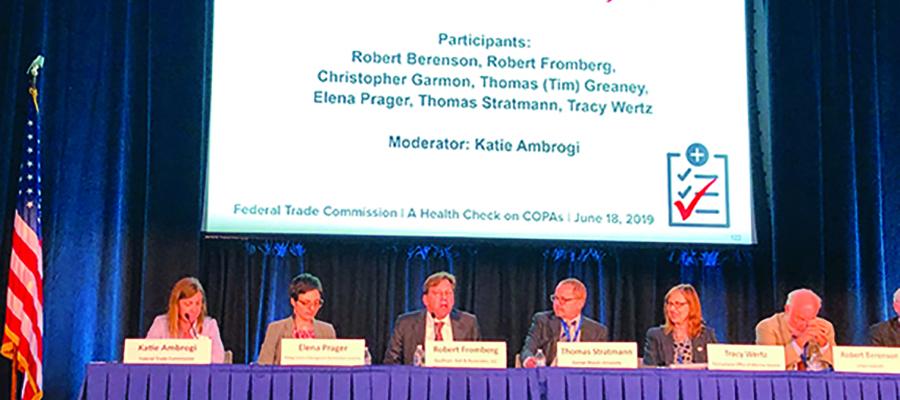FTC workshop examines impact of COPAs

The Federal Trade Commission yesterday held a public workshop to assess the impact of certificates of public advantage on prices, quality, access, and innovation for health care services. A few health care stakeholders and a number of other participants discussed studies and their views on mergers’ effects on health care consumers and communities in states that do and don’t have COPA laws, which permit health care providers to enter into cooperative agreements that might otherwise be subject to antitrust scrutiny to reduce unnecessary duplication of health care resources and control health care costs.
While participants provided little input on the real-world impact of FTC’s enforcement policies on hospitals and the communities they serve, Robert Fromberg, senior vice president at Kaufman, Hall & Associates, did offer that perspective, saying mergers between a struggling hospital and healthy hospital can offer “a systematic approach to managing a complex transition to reduce duplication and to create the best mix of services and locations. Health system executives view this as a far more positive approach for a community than the alternative — allowing one organization to decline over a period of years, including a decline in its ability to serve the community. Faced with what hospitals see as the FTC’s reluctance to allow such a merger to take place, no wonder hospitals view a COPA as a more desirable alternative — one that might include challenging conditions, but at least offers a glimmer of hope for a collaborative solution that could benefit both organizations and the community they serve.”
In comments submitted for the workshop, Portland-based MaineHealth said the premise underlying Maine’s COPA law is that “collaborative arrangements among health care providers should be evaluated in an open manner, and not solely or predominantly for their impact on competition, but for their impact on a range of values: on competition among health care providers; quality of health care services; consumer geographic proximity and access to care; cost efficiency of services; and health resource utilization.”
AHA told the agency that it takes no position on COPA laws, but warned that the “drive to enact COPA laws … is fueled in part, by the agency’s overly harsh treatment of efficiencies claims made by merging hospitals.”
The workshop was part of the FTC’s COPA Assessment Project.

